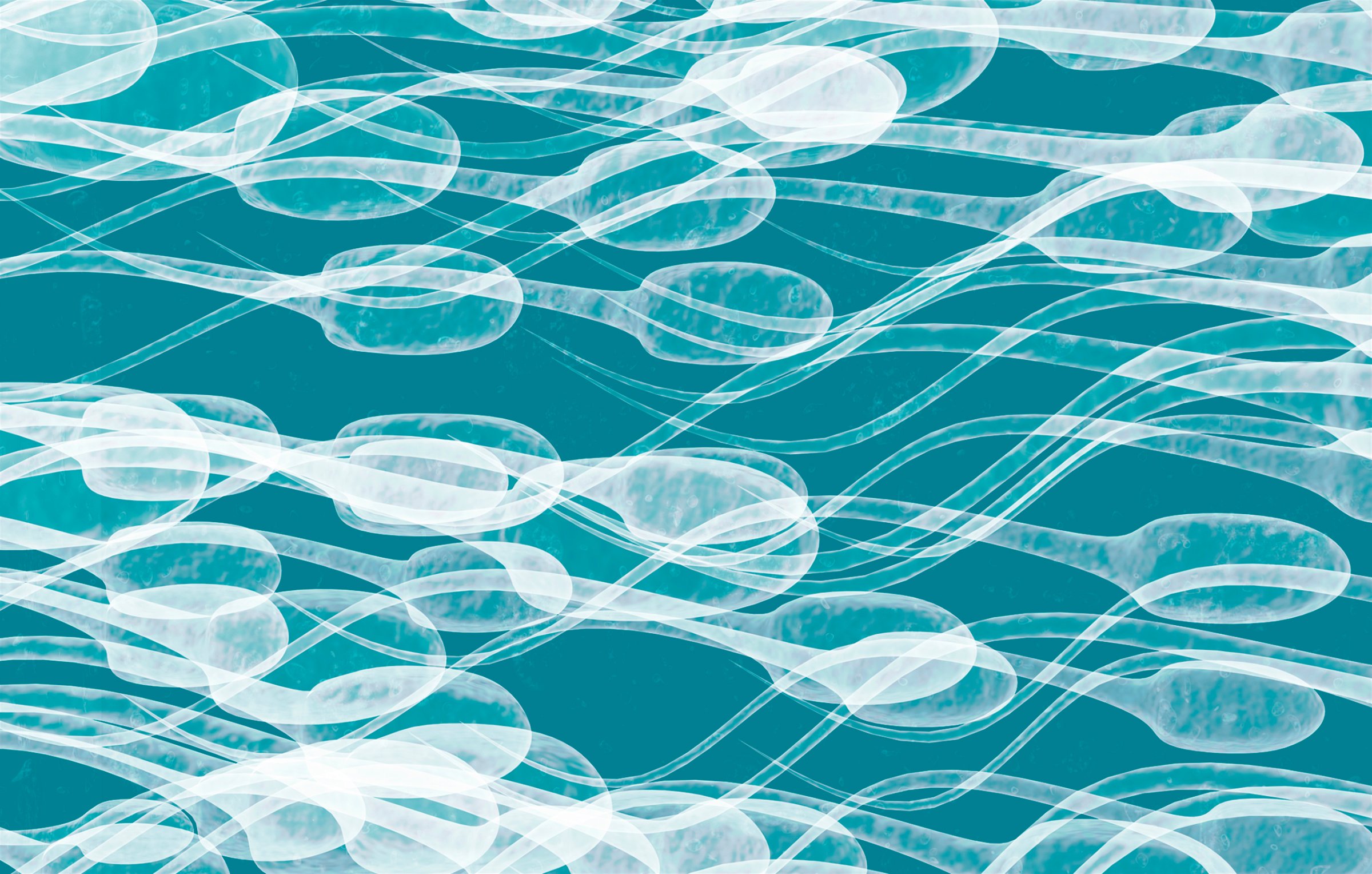
It sounds like a bawdy joke. But semen allergies are a thing—and may be a much more common thing than most people realize. Up to 40,000 women in the U.S. alone might have a hypersensitivity to one or more of the protein components in human semen, according to a review study from the University of Cincinnati.
A protein made in a man’s prostate gland may be the prime culprit. “However, given the myriad proteins and other biomolecules in semen, there may be more than one allergen responsible,” says Michael Carroll, a senior lecturer in reproductive and clinical science at Manchester Metropolitan University in the UK.
A guy’s diet may even play a role. Carroll cites one case study in which a woman who was allergic to nuts had a bad reaction to her boyfriend’s semen after he ate a Brazil nut. So it’s possible people who aren’t typically allergic to semen may experience a reaction, depending on what their partner has been eating.
In 2011, Carroll coauthored a study on “hypersensitivity to human semen” (HHS), the medical name for a semen allergy. He says symptoms include itching, redness, burning and swelling in the vagina and vulva area, as well as classic systemic allergy symptoms like hives, breathing problems and eczema. “It’s thought to be a type-1 allergic reaction: the same type of reaction that one gets from pollen or cat dander,” he says.
Women who experience HHS tend to have symptoms emerge right after unprotected sex or contact with semen. Those symptoms can last more than 24 hours. But in many cases, doctors may misdiagnose the condition as an infection or chronic vaginitis.
How can you tell if you have a semen allergy? The first (and most obvious) predictor is if you have some of the above symptoms after unprotected sex, but not when your partner wears a condom. Carroll says skin prick tests and blood antibody profiles can confirm a semen allergy.
Condom use is an effective solution, although that won’t help couples trying to get pregnant. The good news is that Carroll’s research has shown sperm “washed” of seminal fluid do not cause allergic reactions. Also, having HHS doesn’t seem to harm a woman’s ability to conceive, he says.
If you have a semen allergy and you’re trying to have a baby, your doctor can prescribe prophylactic antihistamines, which you would take 30 to 60 minutes before sex, Carroll says. Anti-inflammatory drugs can help knock down your allergic reaction, too, before it gets going.
More Must-Reads from TIME
- Why Biden Dropped Out
- Ukraine’s Plan to Survive Trump
- The Rise of a New Kind of Parenting Guru
- The Chaos and Commotion of the RNC in Photos
- Why We All Have a Stake in Twisters’ Success
- 8 Eating Habits That Actually Improve Your Sleep
- Welcome to the Noah Lyles Olympics
- Get Our Paris Olympics Newsletter in Your Inbox
Contact us at letters@time.com